Following an interview with an unusually frank and forthright politician, a journalist was struggling to absorb the reality that taxes don’t fund government spending. He was, however, still conscious enough to ask the next obvious question: if taxes don’t fund spending, why do governments tax?
The next day, while still trying to grasp how sovereign monetary governments pay for things, he returned to continue the interview. While it was questionable as to whether he was mentally ready to learn the truth about why governments tax people, he did have a deadline to meet.
The tax interview resumes…
Journalist: So, let me repeat my earlier question for you. If we can’t ever run out of money, why bother with taxation?
Politician: Taxation is one of a handful of tools the government uses to help stabilize the purchasing power of the dollar. When the government realises the economy has too much money in the system, it acts to correct the balance. It can raise taxes or interest rates, or it could cut back on spending, but that’s never a good idea because those cuts could create unemployment and make the situation worse. This my friend, is the part that gets a bit technical. So, I’ll speak in words of one syllable if necessary. Are you paying attention?
Journalist: er…yes.
Politician: Whenever the government spends, it is creating new money and it distributes that money into the community, via our banking system. That is how you get your hands on it. You think they get it from your taxes, but at this stage, you haven’t paid any taxes, have you, yet, bingo, there it is.
Journalist: Well yes, they had to do that in the beginning to get things rolling, but then taxation took over…. didn’t it?
Politician: No, it didn’t. Taxation never took over. Taxation has always been a means of removing money from circulation, so the economy won’t overheat. If too much money is allowed to circulate, we get inflation.
Journalist: Please explain?
Politician: If the money in circulation exceeds the current capacity of the nation’s production, we get inflation because suppliers haven’t had time to meet the extra demand that comes when we suddenly have more money to spend. When too much money is chasing too few goods and services, prices go up. These things must be done gradually. Taxation helps to keep a lid on things.
Journalist: But then the government has all this extra money it got from taxation. What happens to that?
Politician: It doesn’t need any extra money. It can create any amount it wants to. Your taxes are destroyed, written off the books, they go up in a puff of smoke.
Journalist: You’re kidding.
Politician: No. I’m sorry to be the bearer of bad news, my friend, but you’ve been had. Your taxes don’t pay for anything. Zip, nada, rien, niente. They disappear into the great nothing.
Journalist: My hard-earned taxes are destroyed?
Politician: Sorry about that. Do you need to take a few minutes to recover? Would you like a brown paper bag, or something?
Journalist: I bet Barnaby Joyce has something to say about this!
Politician: I’m sure he does but that won’t change anything. Keeping a lid on the amount of money in circulation helps to maintain its value, but there’s another reason why we must pay taxes.
Journalist: And that is…?
Politician: It forces people to use it. If the government says you can only pay your taxes using Australian dollars, it makes us want to get our hands on it.
Journalist: I doubt that. I’m sure if I offered the tax department a fistful of American dollars to pay my taxes they would happily take them.
Politician: Well, you’re wrong. They wouldn’t. They would tell you to go away and convert them to Australian dollars before they would accept your money. So, if we know that everyone needs our money to function and pay our taxes, we are happy to use it and be confident of its value.
Journalist: I think I need to get a second opinion on this.
Politician: Well that won’t change anything either. And you will probably ask the wrong person and get the wrong advice. The next time you hear anyone say, “my taxes are paying for that,” you can confidently say, “no, your taxes don’t pay for anything, but they do make room for government to spend.”
Journalist: But, if removing money by taxing us, allows government to spend, isn’t that the same thing? Doesn’t one cancel out the other?
Politician: If the total amount of spending equals the total of tax removed, it does look like the same thing, yes. But it isn’t. They are two quite separate functions operating independently of one another. And spending the same amount as the tax removed, is rare. It’s usually the other way. It’s not so much the amount spent, as what the spending is for.
Journalist: If what you say is true, government needs to come clean and explain it.
Politician: Well, don’t hold your breath. If they came clean, they would have to acknowledge their spending patterns are discriminatory and favour certain groups over others.
Journalist: What do you mean?
Politician: Look at all the areas that could really improve our productivity. Our health for a start, our education, public transport, planning, infrastructure, making sure everyone who wants a job can get one. All these areas where spending is kept to a minimum, are the very areas where we should be investing. If our economy is under-utilised, as it is now, the value of our currency will always be less than it would if we had 100% utilisation of our available resources. Instead, we give huge subsidies to the business sector who then use them to feather their own nests.
Journalist: But they employ us. They create the jobs.
Politician: They couldn’t create those jobs without the infrastructure governments provide for them. Roads, rail, airports, seaports, hospitals, schools, police, the military. They reap the benefits of all those services the government builds, and they profit from it. I think the least we can expect of them is to employ people.
Journalist: But they pay their taxes too.
Politician: Well, you and I know that is not true. Some do, many don’t. But that’s another reason for taxation; to enable the subsidising or penalising of various industries and economic groups. Government has a responsibility to create a society that is fair and equitable, something, which is sadly neglected these days.
Journalist: You’re right. They don’t pay their fair share.
Politician: If companies fail to pay their share, you and I pay more. Remember, the wider and more equitable the tax collection is, the more equitable the distribution of the wealth. Taxation also forces governments to be transparent, to show where they are spending the money they create. The fiscal statement they produce every year, what they call the budget, means we know who gets what, and how much things cost.
Journalist: I’m feeling tired. I think I’ll go home now.
Politician: Your headline in yesterday’s paper was very misleading. I hope you’ll do better this time.
The interview ends
In fact, the journalist doesn’t go home. He heads for the nearest bar to clear his head. It’s all too much. He decides to stick to what he knows best. His afternoon headline reads, “Politician confirms taxes are necessary but doesn’t know why.”
Like what we do at The AIMN?
You’ll like it even more knowing that your donation will help us to keep up the good fight.
Chuck in a few bucks and see just how far it goes!
Your contribution to help with the running costs of this site will be gratefully accepted.
You can donate through PayPal or credit card via the button below, or donate via bank transfer: BSB: 062500; A/c no: 10495969

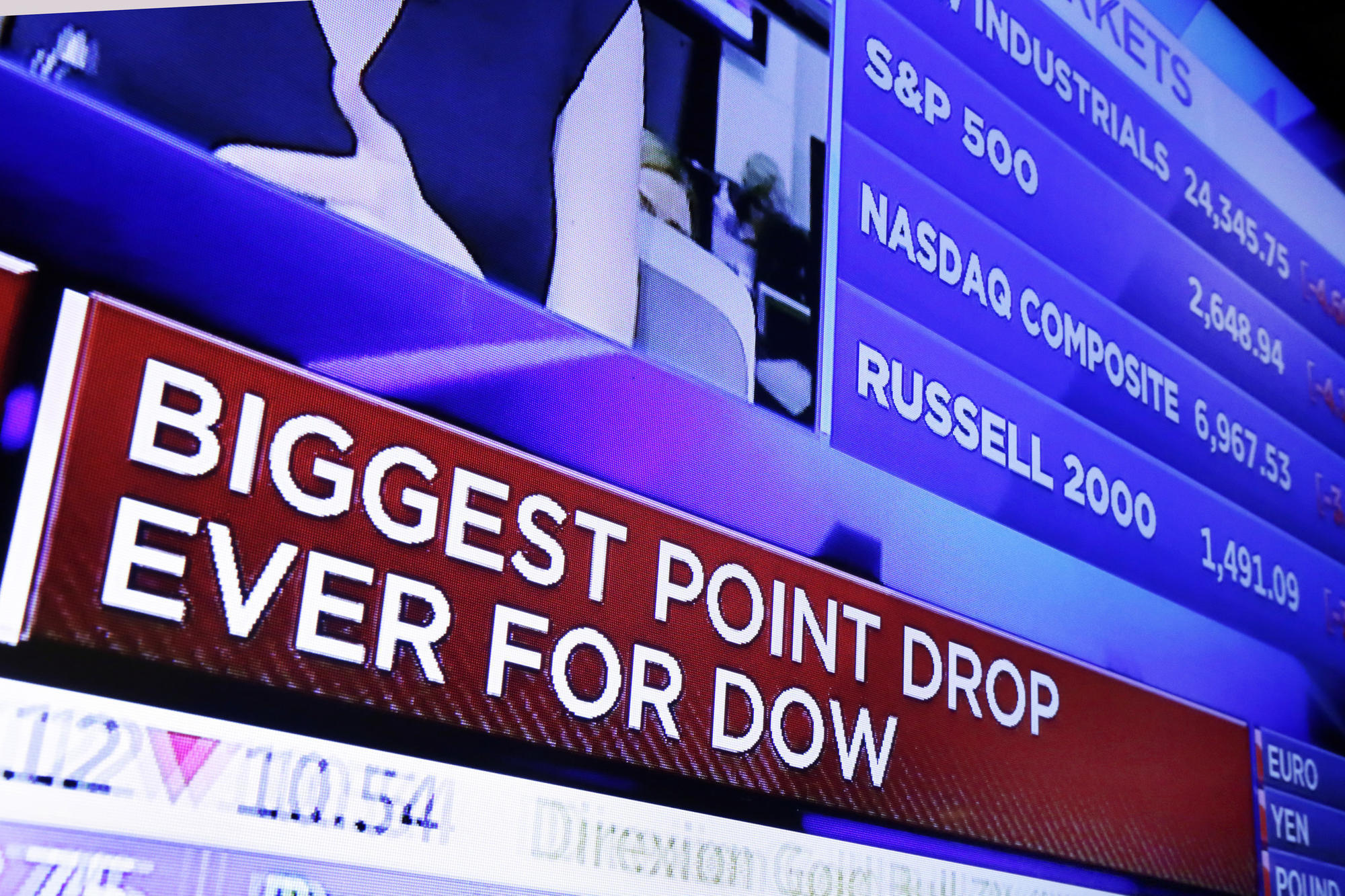









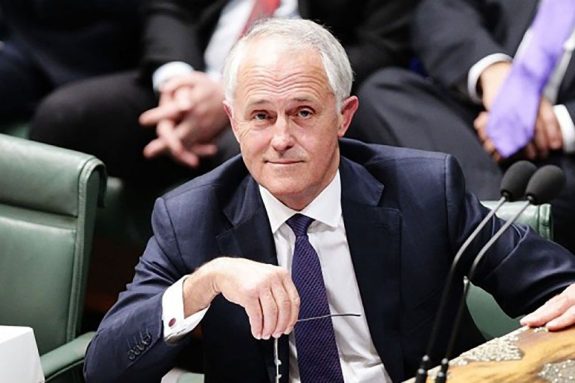



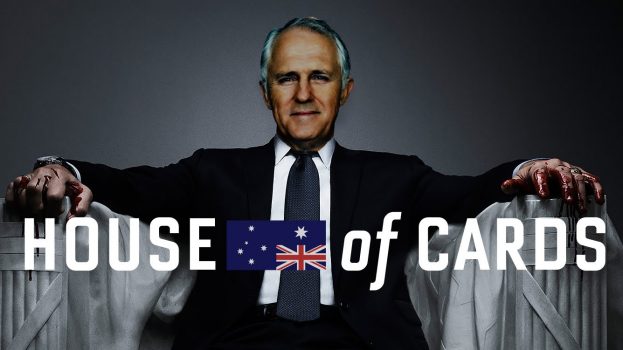
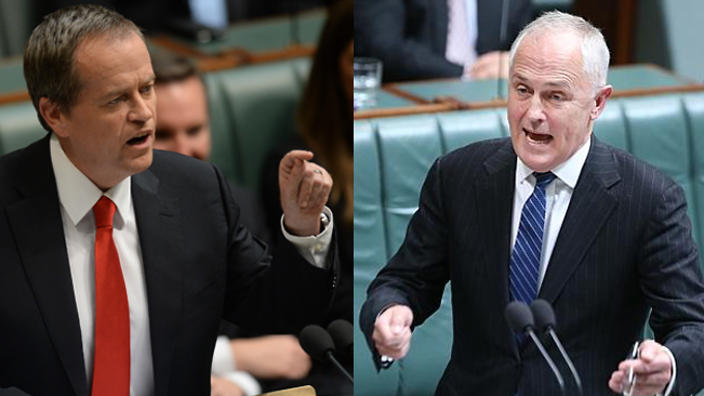
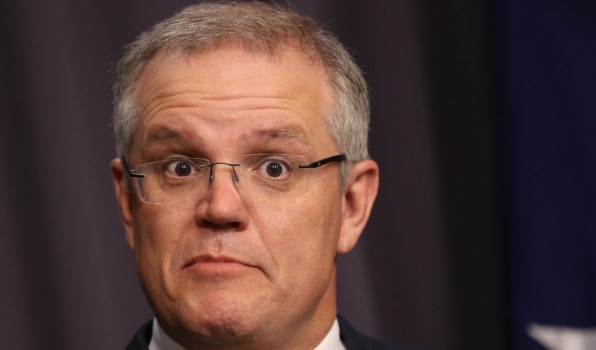

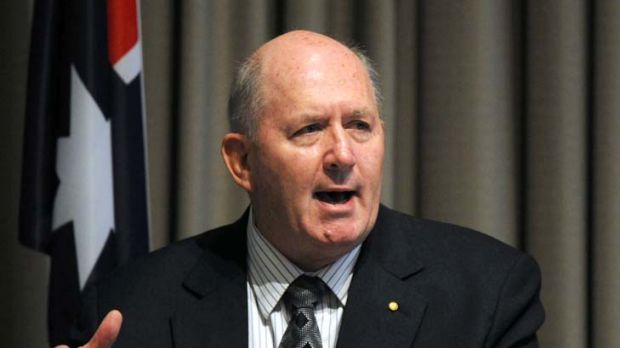
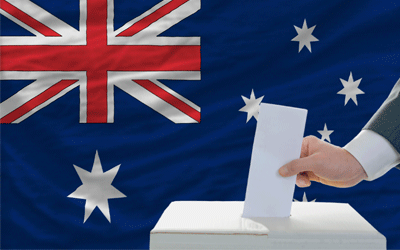
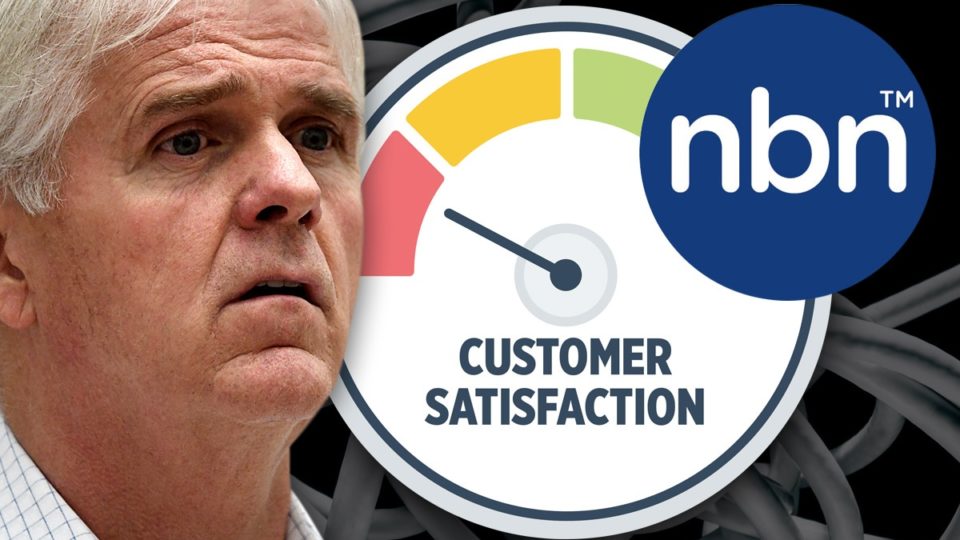
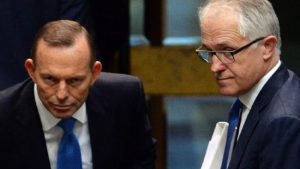 Let us clarify who is at fault here. The wreckage can be laid squarely at the feet of Malcolm Turnbull, who as Communications Minister, under instructions from the then prime minister, Tony Abbott, undertook to diminish the integrity of a fibre to the premises connection.
Let us clarify who is at fault here. The wreckage can be laid squarely at the feet of Malcolm Turnbull, who as Communications Minister, under instructions from the then prime minister, Tony Abbott, undertook to diminish the integrity of a fibre to the premises connection.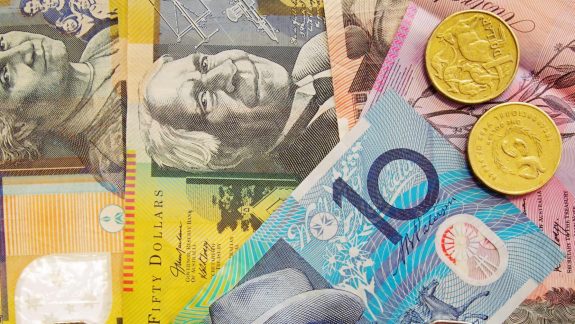
 The government, we are told, is the same as a household, only much bigger. But it’s all balderdash! The problem is, the government is not the same as a household; our personal financial management, our household management, is not the same as the government’s financial management. The difference is simple. We can’t issue money. Only the federal government can do that.
The government, we are told, is the same as a household, only much bigger. But it’s all balderdash! The problem is, the government is not the same as a household; our personal financial management, our household management, is not the same as the government’s financial management. The difference is simple. We can’t issue money. Only the federal government can do that. Yes, we encourage our children to believe in Santa Claus and the Easter Bunny but at least, as the children grow older, they work it out. Why then do we continue to believe the “taxes are for spending” myth? Why, as adults, haven’t we worked it out?
Yes, we encourage our children to believe in Santa Claus and the Easter Bunny but at least, as the children grow older, they work it out. Why then do we continue to believe the “taxes are for spending” myth? Why, as adults, haven’t we worked it out?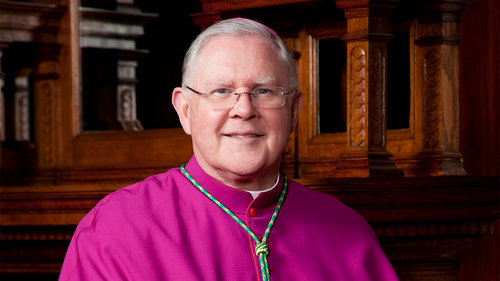
 We have come a long way since the Stone Age. Human society has always made changes as it continues to evolve over time. When it decides certain long held views are no longer appropriate, society changes them. This is one such occasion.
We have come a long way since the Stone Age. Human society has always made changes as it continues to evolve over time. When it decides certain long held views are no longer appropriate, society changes them. This is one such occasion.
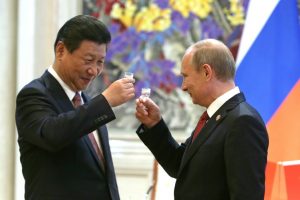 The best guess is: not well. But by how much not well? Both Putin and Xi Jinping are rational, calculating leaders. They are also aware of the unpredictable, irrational and reckless way Trump reacts. If they move to support North Korea, Trump will likely go further and the unknown outcomes could result in Armageddon.
The best guess is: not well. But by how much not well? Both Putin and Xi Jinping are rational, calculating leaders. They are also aware of the unpredictable, irrational and reckless way Trump reacts. If they move to support North Korea, Trump will likely go further and the unknown outcomes could result in Armageddon.